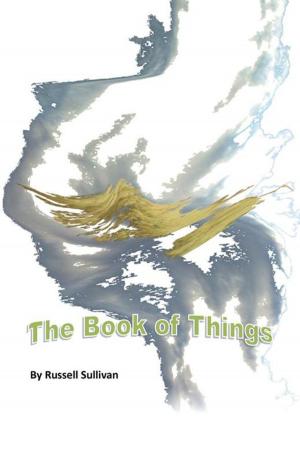| Author: | Geoffrey Partington | ISBN: | 9781483629216 |
| Publisher: | Xlibris AU | Publication: | July 20, 2013 |
| Imprint: | Xlibris AU | Language: | English |
| Author: | Geoffrey Partington |
| ISBN: | 9781483629216 |
| Publisher: | Xlibris AU |
| Publication: | July 20, 2013 |
| Imprint: | Xlibris AU |
| Language: | English |
Much more is known about the past that is interesting, valuable and and relevant to our problems than any one of us can ever know. Making Sense of History proposes we focus on Five Zones of Priority: Livelihoods, Protection from violence, Freedom, Relationships, and Ideas. Partington examines some perennial problems, such as Progress or Regression, Bias, Prejudice and Moral Judgment, Depth versus Breadth and the ongoing fabrication of myths, and accusations of genocide and cannibalism. Partington warns against looking to history for the certainties that physics or mathematics provide. We have free will and make decisions rather than react uniformly to external forces. Historical understanding is more like proverbial wisdom writ large than the theorems of Pythagoras or Einstein. A more serious problem is the ideological capture of much history teaching in countries like Britain, the United States, Canada, Australia and New Zealand. Partington does not advocate vainglorious national pride but defends the achievement of those countries in making a better, though imperfect, balance between freedom and security than has been made at almost every other time or place.
Much more is known about the past that is interesting, valuable and and relevant to our problems than any one of us can ever know. Making Sense of History proposes we focus on Five Zones of Priority: Livelihoods, Protection from violence, Freedom, Relationships, and Ideas. Partington examines some perennial problems, such as Progress or Regression, Bias, Prejudice and Moral Judgment, Depth versus Breadth and the ongoing fabrication of myths, and accusations of genocide and cannibalism. Partington warns against looking to history for the certainties that physics or mathematics provide. We have free will and make decisions rather than react uniformly to external forces. Historical understanding is more like proverbial wisdom writ large than the theorems of Pythagoras or Einstein. A more serious problem is the ideological capture of much history teaching in countries like Britain, the United States, Canada, Australia and New Zealand. Partington does not advocate vainglorious national pride but defends the achievement of those countries in making a better, though imperfect, balance between freedom and security than has been made at almost every other time or place.















